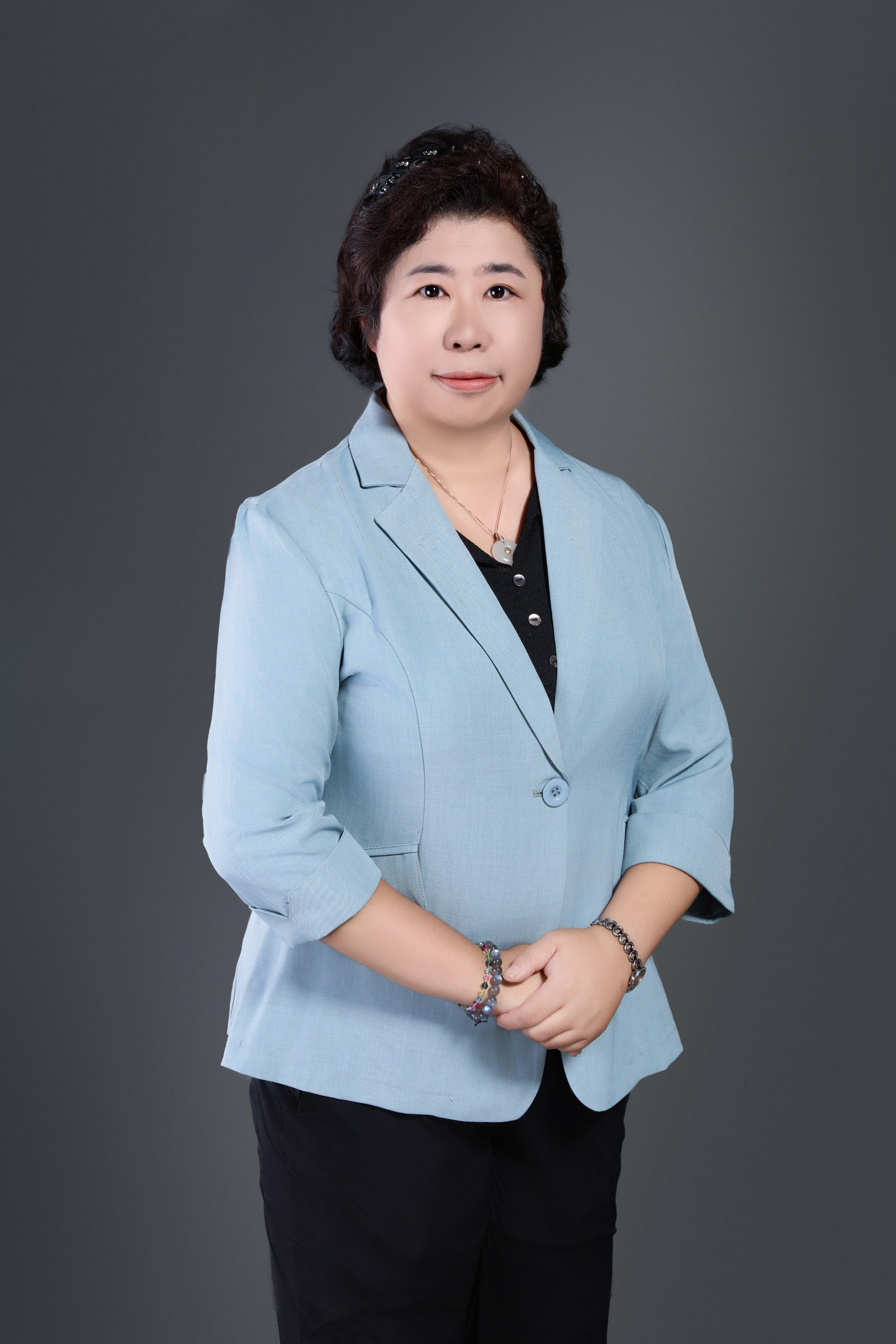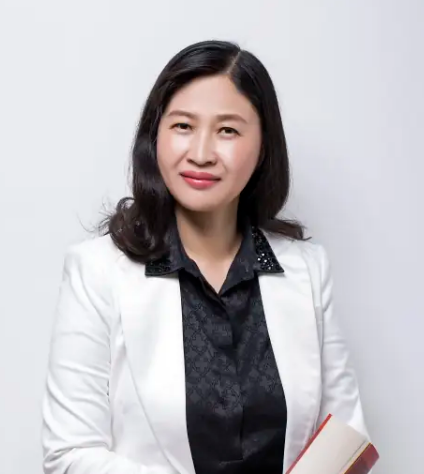| Prof. Yanling ZhangTianjin University of Finance and Economics Introduction: YanlingZhang, a female with a PhD in Management from the Technical University of Freiberg in Germany, currently serves as the Deputy Director of the Tourism Department at the Business School of Tianjin University of Finance and Economics and a master's supervisor. She is the chief editor of "Conference Proceedings on Social Responsibility and Environmental Management of Eurasian Enterprises" and the executive editor of the Journal of Environmental Governance and Corporate Social Responsibility. Zhang has led multiple international and domestic tourism management and cultural heritage projects, published ten monographs in both Chinese and English, and presented 52 papers. Additionally, she holds positions such as Assistant Director of the Cultural Tourism Bureau in Heping District, Tianjin, a member of the Tourism Think Tank Expert Committee in Hanzhong City, Shaanxi Province, and a member of the Jizhou Homestay Association in Tianjin. Speech Title: Big Data-Based Price Discrimination: A Technological Blessing or a Pricing Trap? Abstract: This presentation takes the "Hu vs. Ctrip case" as an example to explore the legal and ethical issues behind "big data-based price discrimination." By analyzing the case's judgment logic regarding fact-finding, presumption of fault, and fraud determination,the presentation discusses how the Consumer Rights Protection Law, E-Commerce Law, Personal Information Protection Law, and Tourism Law jointly regulate such practices. The ruling innovatively sidestepped the "algorithmic black box," holding the platform accountable based on the principle of good faith and outcome fairness, thereby reflecting the judiciary’s protective stance toward consumers.Finally, it summarizes the cautionary implications of this case for the tourism and related industries regarding data utilization and fair trade, emphasizing that technological advancement must be built upon the protection of consumer rights. |
| Prof. Hui AnDalian University of Technology Introduction: Professor Hui An, Ph.D. in Economics, is a professor and doctoral supervisor at the School of Economics and Management, Dalian University of Technology. She currently serves as a member of the 12th Central Committee of the China National Democratic Construction Association, a deputy to the 14th Liaoning Provincial People's Congress, vice chairperson of the 15th Dalian Committee of the China National Democratic Construction Association, chief expert of the Science and Technology Innovation Development Think Tank of the Liaoning Provincial Department of Science and Technology, a member of the Chinese Economists Society, a member of the Financial Management Association (FMA), a special researcher of the Dalian Academy of Social Sciences, and an editorial board member of the Journal of Dalian University of Technology (Social Sciences Edition). She has long served as a reviewer for the National Social Science Fund of China, the Ministry of Education Humanities and Social Sciences Fund, and renowned domestic and international journals such as International Finance and Housing Studies, and is an external director of Wafangdian Bearing Group Co., Ltd. She has been a visiting scholar at the London School of Economics and Political Science (LSE) and Fordham University in the United States, and maintains long-term research collaborations with scholars from the United Kingdom, the United States, Australia, and other countries. Her main research focuses on open macro-finance, financial risk management, real estate finance, and green finance. She has authored 10 academic works, including Financial Regulation, Financial Innovation, and the Dynamic Evolution Mechanism of Financial Crises and Modern Financial Crisis: Formation Mechanisms and International Transmission, and has published nearly 100 academic papers in leading domestic and international journals such as Emerging Markets Review, Technological Forecasting & Social Change, and Journal of Financial Research, most of which are indexed in SSCI, CSSCI, or EI. Among these, three papers are in JCR Q1 journals, with some recognized as ESI Highly Cited Papers. She has led or participated in over 30 national and provincial-level projects, including major projects of the National Social Science Fund of China and the Ministry of Education Humanities and Social Sciences Fund. The course International Finance, which she teaches, has been recognized as a Provincial-level High-quality Resource Sharing Course and a First-class Course. Her research achievements have earned her more than 10 provincial-level awards, with over 50 policy recommendations adopted or approved by central, provincial, and municipal government leaders. She has also been recognized as an outstanding individual in political participation and policy deliberation by the national, provincial, and municipal committees of the China National Democratic Construction Association. She has been selected for multiple prestigious talent programs, including the Liaoning "Hundred, Thousand, and Ten Thousand" Talent Project, the Zhejiang "New Century 151 Talent Project" (Third Tier), the Liaoning "Xing Liao Ying Cai" Philosophy and Social Sciences Leadership Program, the Eighth Batch of Liaoning Cultural Masters and "Four Groups" Talent (Theory Sector), and the Dalian High-level Talent Program. Speech Title: TBC |
| A. Prof. Yahua XuCentral University of Finance and Economics Introduction: Dr. Yahua Xu is currently an Associate Professor of Finance at the Central University of Finance and Economics. She earned her Ph.D. from the Auckland University of Technology in New Zealand. Her research focuses on asset pricing, risk management, and derivative markets. She has co-authored multiple articles published in internationally renowned journals such as Energy Economics and the Journal of Futures Markets Speech Title: Is Social Media Information Noise or Fundamentals? Evidence from the Crude Oil Market |



